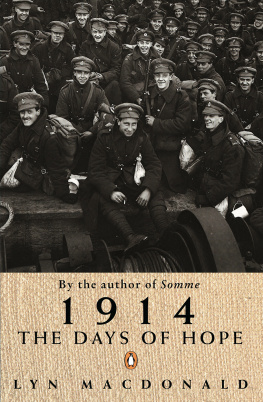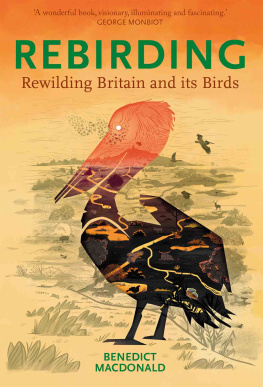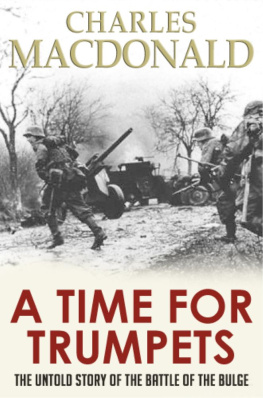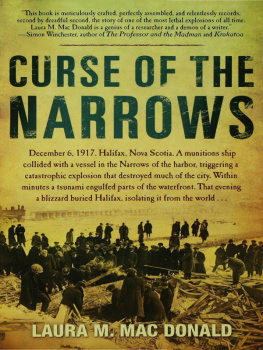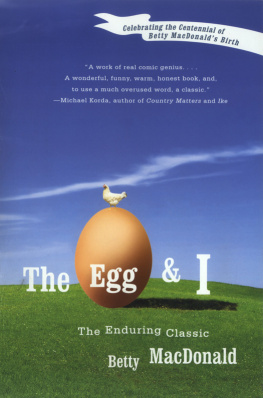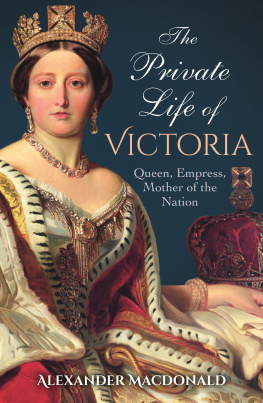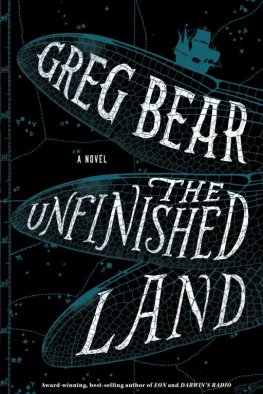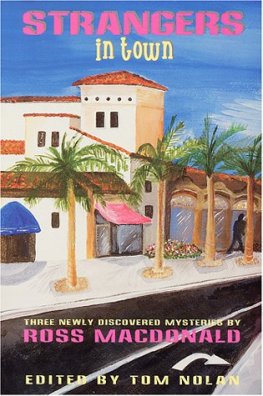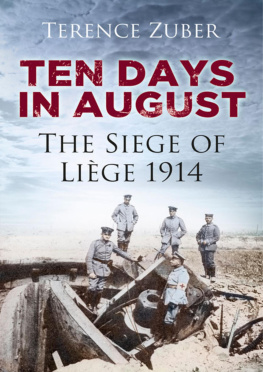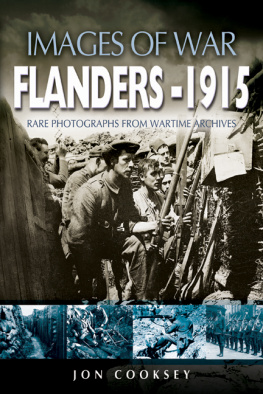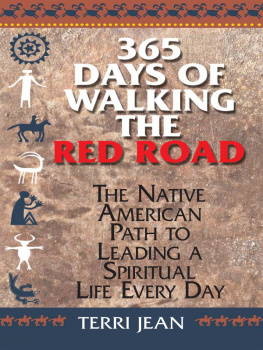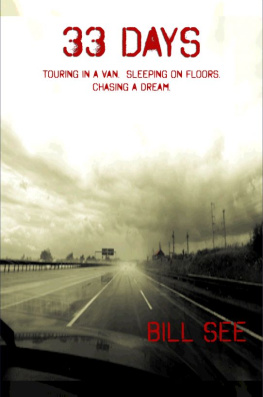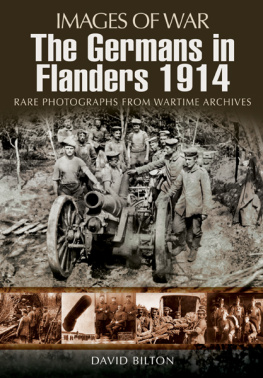Macdonald - 1914: The Days of Hope
Here you can read online Macdonald - 1914: The Days of Hope full text of the book (entire story) in english for free. Download pdf and epub, get meaning, cover and reviews about this ebook. year: 2014, publisher: Penguin Books Ltd, genre: Art. Description of the work, (preface) as well as reviews are available. Best literature library LitArk.com created for fans of good reading and offers a wide selection of genres:
Romance novel
Science fiction
Adventure
Detective
Science
History
Home and family
Prose
Art
Politics
Computer
Non-fiction
Religion
Business
Children
Humor
Choose a favorite category and find really read worthwhile books. Enjoy immersion in the world of imagination, feel the emotions of the characters or learn something new for yourself, make an fascinating discovery.
1914: The Days of Hope: summary, description and annotation
We offer to read an annotation, description, summary or preface (depends on what the author of the book "1914: The Days of Hope" wrote himself). If you haven't found the necessary information about the book — write in the comments, we will try to find it.
1914: The Days of Hope — read online for free the complete book (whole text) full work
Below is the text of the book, divided by pages. System saving the place of the last page read, allows you to conveniently read the book "1914: The Days of Hope" online for free, without having to search again every time where you left off. Put a bookmark, and you can go to the page where you finished reading at any time.
Font size:
Interval:
Bookmark:



PENGUIN BOOKS
Over the past twenty years Lyn Macdonald has established a popular reputation as an author and historian of the First World War. Her books are They Called it Passchendaele, an account of the Passchendaele campaign in 1917; The Roses of No Mans Land, a chronicle of the war from the neglected viewpoint of the casualties and the medical teams who struggled to save them; Somme, a history of the legendary and horrifying battle that has haunted the minds of succeeding generations; 1914, a vivid account of the first months of the war and winner of the 1987 Yorkshire Post Book of the Year Award; 1914 1918: Voices and Images of the Great War, an illuminating account of the many different aspects of the war; and 1915, The Death of Innocence. All are based on the accounts of eyewitnesses and survivors, told in their own words, and cast a unique light on the First World War. They are all published by Penguin.
Lyn Macdonald is married and lives in London.
For the Chums
for old times sake.
Start of War and Mobilisation
Battles of Mons and Le Cateau
The Marne and the Aisne
Antwerp and arrival of 7th Division
First Battle of Ypres
Copyright owners are indicated in brackets; all photographs not credited are from private sources.
The history of 1914 is not so much the story of a war as of an army.
It is hard to pin down the spirit of 1914, for the spirit and attitudes of the men who were actually doing the fighting were strikingly different from the attitudes of the civilians and those who were flocking to the colours at home and around the Empire. Their War, their blooding and their disillusionment were yet to come. Brooke, Grenfell, Owen, Sassoon, Hodgson, made no secret of their idealism (and how soon it changed with the experience of war!) and it is difficult for succeeding generations to identify with their extraordinary view of war as a purification, their strange resignation to dying, their passive embracement of fate, their unquestioning acceptance. The questioning and the bitterness were born later, in the stultifying horrors of trench warfare.
For the soldiers of 1914 it was different. Kitcheners Army was proud of its amateurism, but the regular soldiers of the old British Army took pride in their bold professional skills and they were professionals to the marrow. The nickname Old Contemptibles which they so good-humouredly adopted does not appear in these pages. (In any event, the Kaiser was referring to the size of the British Expeditionary Force, and not to its quality.) If Kitcheners Army of volunteers was prepared to fight and possibly die because it was their duty, the officers and men of 1914 were prepared to fight and die simply because it was their job.
My thanks as always must go first and foremost to the old soldiers who have taken the trouble to recall those times and to talk and write about their experiences. Only some of them are directly quoted; the recollections of many, many more are incorporated in the text and they will recognise the tales and the details they have supplied which have helped so enormously in the task not only of writing about their war and their experiences, but also of setting them in the context of their world and the times they lived in the day before yesterday. It is almost but not quite yet part of history, for many people who were young at the beginning of this momentous twentieth century are still alive. Some centuries from now, in purely historical terms, we will all be seen as contemporaries, and their history will come to be regarded as part of ours, as indeed it is.
Only (a volunteer) remarked to me: We thought we were fighting the War to end Wars. Well, perhaps, in a sense, they were, for the profound effect of their experiences on succeeding generations has surely been a powerful force for peace, even if it has not precisely been Peace in our time so much as peace some time. Of course, that can only be a matter of opinion. What is undeniable is the continuing and, indeed, growing interest in the First World War. People and especially young people still flock to those old battlefields of the Western Front, visit the cemeteries, tramp the trenchlines, ponder, remember and, in a sense, still mourn long after the generation of parents and grandparents, and even brothers and sisters, who had first-hand reasons for mourning has itself faded away. And they still ask Why?
I would be the last to try to claim that this book comes anywhere near supplying an answer to a question which has exercised the minds of countless historians of infinitely greater skill and profundity than I. But I hope that it goes some way towards telling How. Inevitably, it has had to be concerned with politics to a far greater degree than anything I have previously written, but I make no apologies for that. The war that sent the British Army to France in 1914 was the sequel and the consequence of all that went before and a knowledge of the background and the run-up to it is necessary to an understanding and appreciation of what happened next and next and next to the people who endured the four black years of war and returned, if they were lucky, to take up the threads of life in societies that were shaken to their roots, and a world in which the Old Order had disappeared forever not always to their disadvantage. 1914 has not been an easy book to write and has taken a long, long time. But I hope it will be easy to read.
With every book the list of those to be thanked becomes longer and it is difficult to know where to start. As always, the Commonwealth War Graves Commission has dealt with enquiries with courtesy and enthusiasm, as have various regiments. Tony Spagnoly has, as always, been ever-willing to discuss points which have arisen and has also worked extremely hard on drawing the original drafts of the numerous maps which appear in the book. John Woodroff, with his usual indefatigable industry, has burrowed deep to supply the answers to many queries and has checked all the military details. Although Alma Woodroff, much to my regret, has not been able to put in the mammoth amount of work she has done on previous books, she has always been ready to bail me out when the going got rough and I am immensely grateful to her.
As always, several people have helped in tracking down and interviewing old soldiers, notably Barbara Taylor, John Woodroff, Guy Francis, Colin Butler and Stan Taylor and I am, as always, in their debt.
Yves de Cock in Belgium has supplied much useful information and I am also grateful to the Elfnovembergroep for valuable material on the First Battle of Ypres contained in their private publication Van Den Grooten Oorlog.
My French friends have, as usual, entered enthusiastically into the project and I am indebted to Jean Verdel (whose mother, before her marriage, was Flora Dignoire) and to Gaston Degardin for kindly making available his assiduous research on Bapaume before and during the German occupation. This has enabled me to do far greater justice to the French side (and in particular to the experiences of French civilians) than I would otherwise have been able to do. Guy and Jeannine Danquigny have also untiringly assisted with this project, as with many others, and Dr Marechal, the present-day owner of Miss Mildred Aldrichs house on the Marne (and whose uncles remember playing in her garden as children in the twenties), has been most kind and helpful. I am deeply grateful to them all.
Font size:
Interval:
Bookmark:
Similar books «1914: The Days of Hope»
Look at similar books to 1914: The Days of Hope. We have selected literature similar in name and meaning in the hope of providing readers with more options to find new, interesting, not yet read works.
Discussion, reviews of the book 1914: The Days of Hope and just readers' own opinions. Leave your comments, write what you think about the work, its meaning or the main characters. Specify what exactly you liked and what you didn't like, and why you think so.

